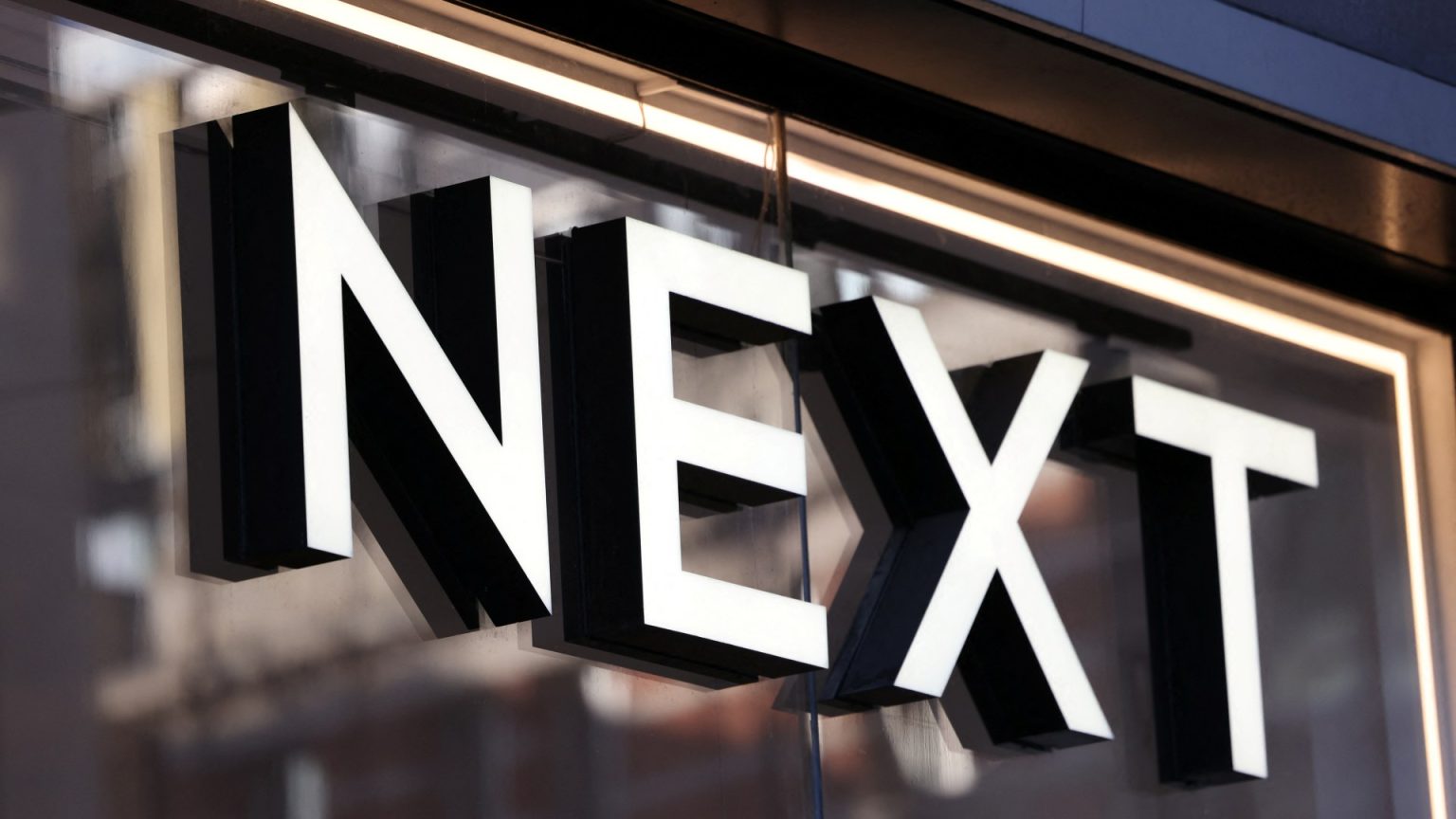Next, the prominent UK fashion and homeware retailer, is poised to introduce self-service checkout tills in its stores, commencing trials as early as February or March 2024. This move is a direct response to the increased staffing costs stemming from the recent UK Budget, which included hikes to the national living wage and employer National Insurance contributions. Next CEO, Lord Simon Wolfson, attributed a projected 1% price increase on goods directly to these budgetary changes, emphasizing that prices would have remained stable otherwise. The company estimates a £73 million surge in its annual wage bill due to these changes, impacting its £900 million annual payroll. The trial of self-service checkouts will initially be limited in scope, allowing for adjustments and refinements before a potential nationwide rollout within six months if successful. While Next has no plans for redundancies, Lord Wolfson indicated a slowdown in hiring to mitigate the increased financial burden.
The decision to adopt self-service technology underscores the broader challenges facing high street retailers in the wake of the UK Budget. Lord Wolfson highlighted the disproportionate impact of increased staffing costs on brick-and-mortar stores compared to online retailers, who typically operate with leaner staffing models. Next’s projected price increase echoes similar warnings from other major retailers, including Greggs, Halfords, and Sainsbury’s. These companies have also signaled potential price hikes to offset the increased burden from the Budget’s tax changes. The retail sector is grappling with a complex economic landscape, navigating rising labor costs, inflationary pressures, and evolving consumer behavior.
Next’s move towards self-service checkouts is part of a wider trend in the retail industry to optimize operational efficiency and manage rising costs. Several major retailers, including Lidl, Tesco, Sainsbury’s, Primark, and Uniqlo, have already implemented self-service checkout systems. This trend reflects a drive towards automation and a shift in consumer expectations, with many shoppers now accustomed to the convenience and speed of self-checkout options. However, the transition to self-service technology has not been without its challenges. Some customers have expressed frustration with the technology, particularly when dealing with larger shopping baskets or encountering technical difficulties.
While the long-term impact of Next’s self-service checkout initiative remains to be seen, the move highlights the retailer’s proactive approach to adapting to changing economic conditions. The trial period will provide valuable insights into customer acceptance and operational feasibility. The company’s cautious approach, emphasizing a small-scale trial and a commitment to addressing potential issues before widespread implementation, suggests a measured strategy focused on minimizing disruption. Next’s experience will likely be closely watched by other retailers considering similar moves, as the industry seeks to find the right balance between cost efficiency and customer satisfaction.
The introduction of self-service checkouts at Next may be indicative of a broader shift in the retail landscape, where automation and cost-cutting measures become increasingly prevalent. However, the success of such initiatives hinges on careful consideration of the customer experience. Balancing the benefits of cost savings with the potential for customer frustration will be a key challenge for retailers. Next’s commitment to a thorough trial period and a rapid response to any issues that arise suggests a recognition of this delicate balance. The company’s approach underscores the importance of prioritizing customer needs alongside operational efficiency in navigating the evolving retail environment.
In conclusion, Next’s decision to implement self-service checkouts reflects a strategic response to the challenges posed by the recent UK Budget. The move is part of a broader industry trend towards automation and cost optimization, but also highlights the need for careful consideration of the customer experience. The success of this initiative will depend on Next’s ability to effectively manage the transition, address potential customer concerns, and maintain a focus on delivering a positive shopping experience. The results of the initial trial will likely inform the company’s broader strategy and may influence the decisions of other retailers grappling with similar challenges in the current economic climate.


